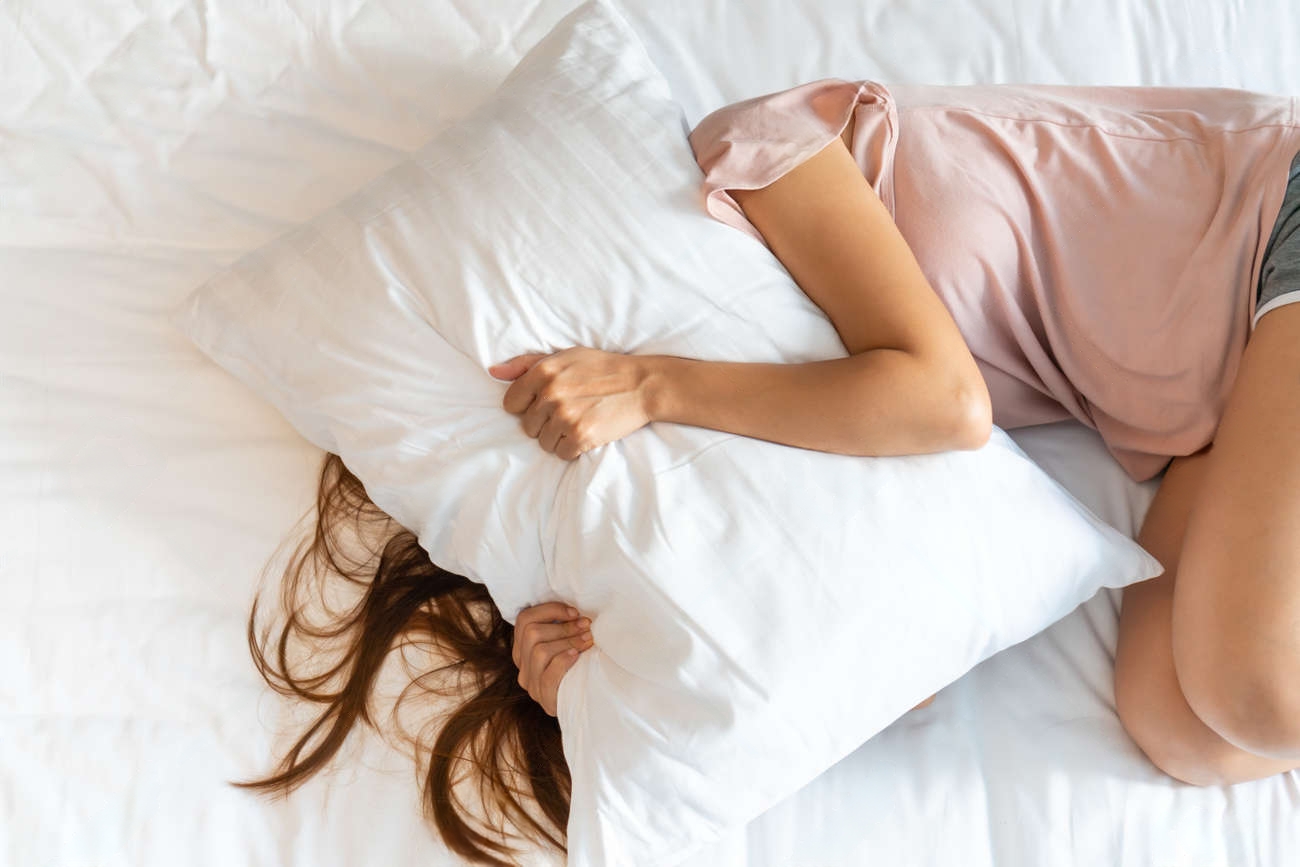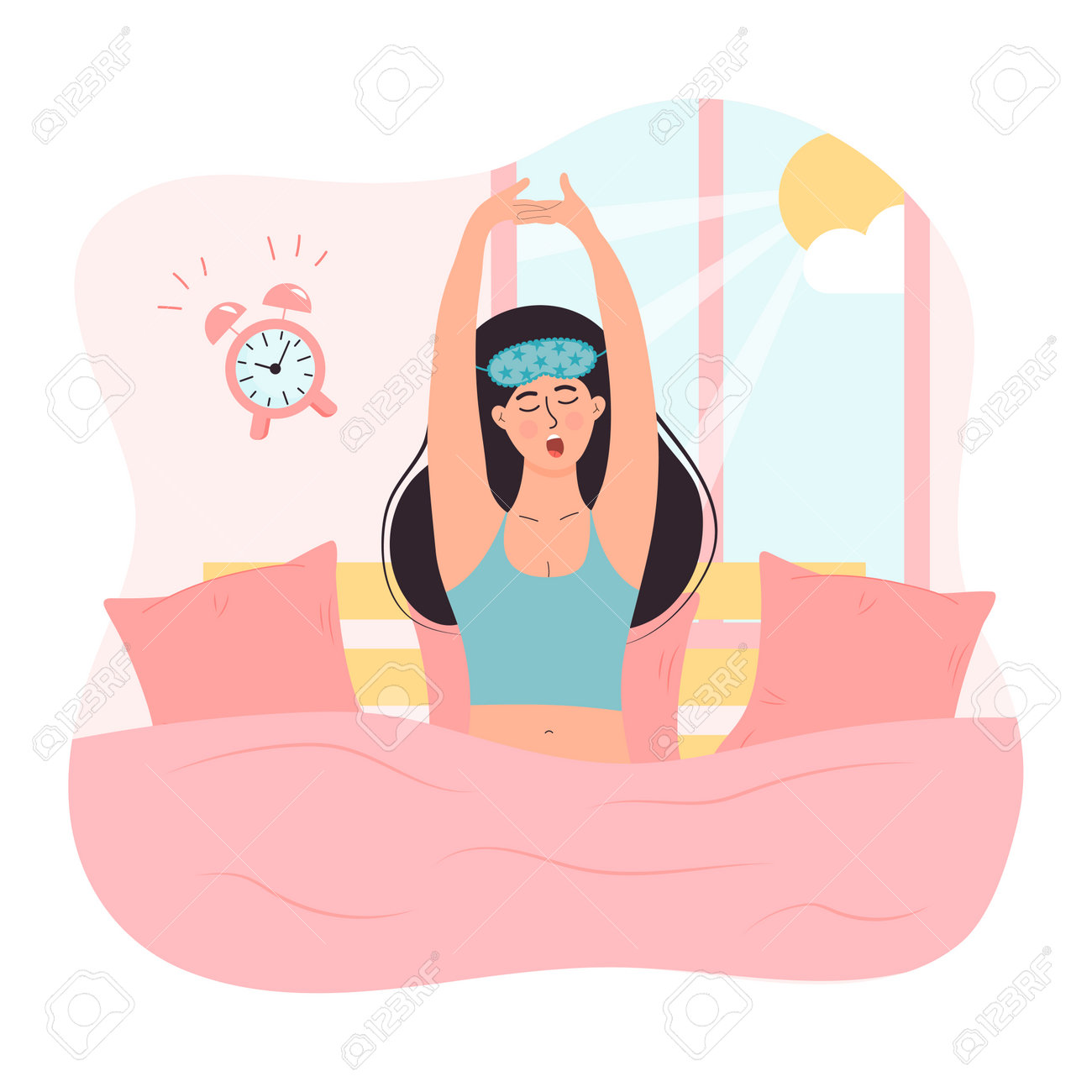Sleep disorders are a serious health issue. They hurt personal health, reduce productivity, and lower quality of life. Sleepless nights and ongoing sleep issues often keep people awake for hours. They lie in bed, trying to sleep, while their minds race with endless thoughts. Restlessness is a big barrier to sleep. It causes fatigue and frustration during the day.
This blog offers answers to many questions about solving this problem.
What are sleeping disorders?
People encounter multiple sleep disorders, which lead to improper restful sleep. The inability to fall asleep is common among individuals with sleeping disorders. People experience nighttime awakenings and daytime tiredness even after spending many hours asleep.
Factors such as stress, together with individual habits and unidentified elements, contribute to sleeping disorders. The disorders result in body weakness while causing problems with daily functioning.
Who suffers from sleep problems?
Sleeping disorders can affect anyone. People from all kinds of backgrounds have trouble sleeping. This includes parents, shift workers, students, and active individuals. Teens and older adults face many challenges during physical changes and lifestyle adjustments. People from any age demographic face potential sleeping problems.
Different Types of Sleeping Disorders
Many usual types of sleep disorders exist. People deal with two main sleep disorders. One is trouble sleeping completely. The other is sleep apnea, which interrupts breathing during sleep. Restless leg syndrome is a sleep disorder. It makes people move their legs in a continuous motion. This keeps them from getting a good night’s sleep.
Recognizing Symptoms of Deep Sleep Disorders
Patients show no noticeable symptoms at the beginning of deep sleep disorders. When sleep quality deteriorates, it causes people to wake up during night hours and experience fatigue throughout their day while also impairing their ability to concentrate. A person may sleep throughout the night but still fail to achieve sufficient deep, restful sleep.
How to Get Rid of a Sleeping Disorder as a Teenager
During their teen years, most individuals dedicate their efforts toward evening activities. Teenagers manage to handle a combination of social media time, homework tasks, and social activities with their friends. To sleep better, set regular bedtimes. Furthermore, avoid screens one hour before you sleep. Talking to someone who can help is useful when sleep issues persist.
Understanding rare and uncommon sleep disorders
Many people know about common sleep disorders like insomnia and sleep apnea. But there are also rare sleep conditions that don’t get much attention. People affected by Kleine-Levin syndrome endure days of uninterrupted sleep. Some sleep disorders happen rarely. One example is dream enactment, which occurs during sleep. Rare sleep problems can still impact daily activities, even if they happen rarely.
The Impact of Noise Pollution on Sleeping Disorders
The constant activity in neighborhoods creates substantial challenges for people who wish to achieve peaceful rest during the night. Sleep becomes difficult to attain due to traffic sounds and noisy neighbors in addition to urban background noise. The combination of earplugs together with relaxing background sound enables noise reduction. This improves sleep quality.
Sleeping Disorder Treatments
Start by reducing screen time before bed. Furthermore, make your sleep environment comfortable. These small changes are the first steps to treating sleep problems. If your sleep issue persists, consider natural remedies along with professional help or medical advice. There are many options to help you get better rest without needing a strict solution.
How to Fix Sleep Disorders
The solution to sleep difficulties requires only minimal adjustments to your bedtime activities. Establish a regular bedtime. Cut back on caffeine. Furthermore, create a calming routine before sleep. Contacting a professional offers new solutions when basic strategies fail to fix your sleep problem.
Psychological Treatments in Tackling Sleep Disorders
A sleep problem may come from physical causes, but it can also have mental roots. Stress, anxiety, and poor sleep habits may cause your sleep troubles. Counseling services with relaxation practices, like meditation, help your mind to sleep better.
Natural Remedies and Prevention Tips for Sleep Disorders
For better sleep, try chamomile tea before bed. You can also use lavender scent in your room. Additionally, practice mindfulness to calm your mind. Exercise during the day. Avoid big meals as the evening gets closer. Basic alterations in daily activities create powerful effects to stop sleep disorders.
Getting enough sleep brings constant refreshment and health to individuals. Awareness-based modifications can lead people to quality night-time rest.
Conclusion
The human body requires enough sleep for optimal functioning of physical and mental systems. Optimal sleep quality becomes achievable by modifying daily routines, along with establishing relaxing night routines and evaluating healthcare along with natural remedies. Health benefits from quality sleep produce both enhanced productivity and lifetime satisfaction.







